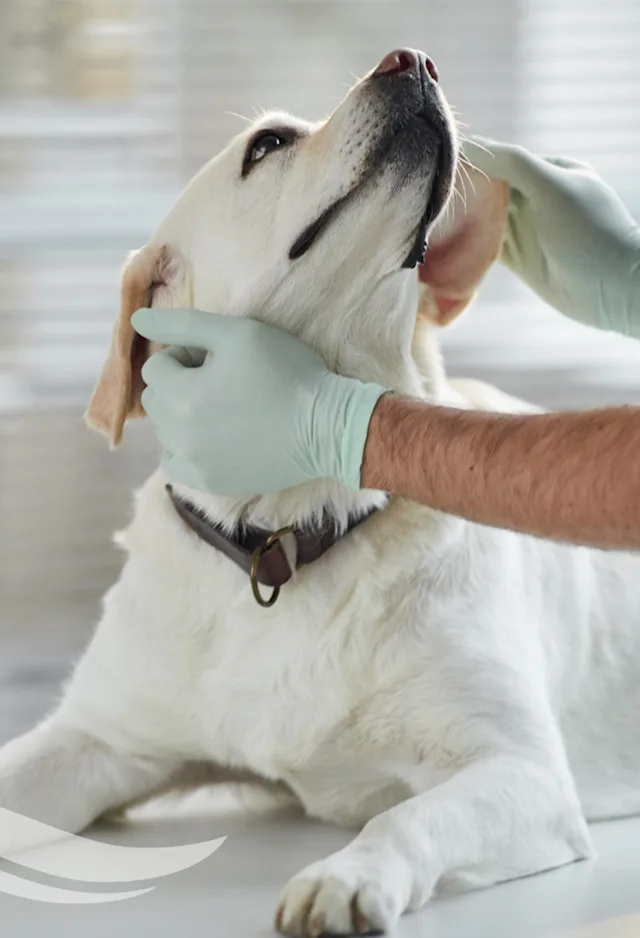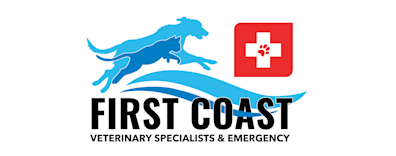First Coast Veterinary Specialists & Emergency (FCVS)


About Our Center
First Coast Veterinary Specialists is a patient-focused state-of-the-art practice that works compassionately with pet owners to facilitate the best treatment for their animals.
Client Reviews & Testimonials
We value our clients’ experience at First Coast Veterinary Specialists & Emergency (FCVS). Here’s what some people in Jacksonville Beach, FL are saying about us!
Very thorough and compassionate with their care. The vet explains everything to make it understandable, as well as providing you with a sense of confidence. This is extremely important because this is a 24-hour vet clinic therefore you aren't seeing your regular vet.
Darin M.
Great experience from the time that I walked in the door. Staff was very accommodating and friendly and Dr. McNicholas explained everything very thoroughly and made sure that all of our questions were addressed. Never felt as though we were being rushed through. Hopefully we will not need to make another appointment, but will not consider going anywhere else if I do. Attentive and caring attitudes.
Cody P.
The absolute BEST animal hospital ever. They have saved both my babies each time we brought them in. The ladies at the front desk were so nice, calm, and extremely helpful during a time of distress. They saw both my dogs right away each time we brought them in and gave them the best attention and care. I would recommend First Coast Animal Hospital to anyone! We appreciate them so much!
Carly H.





